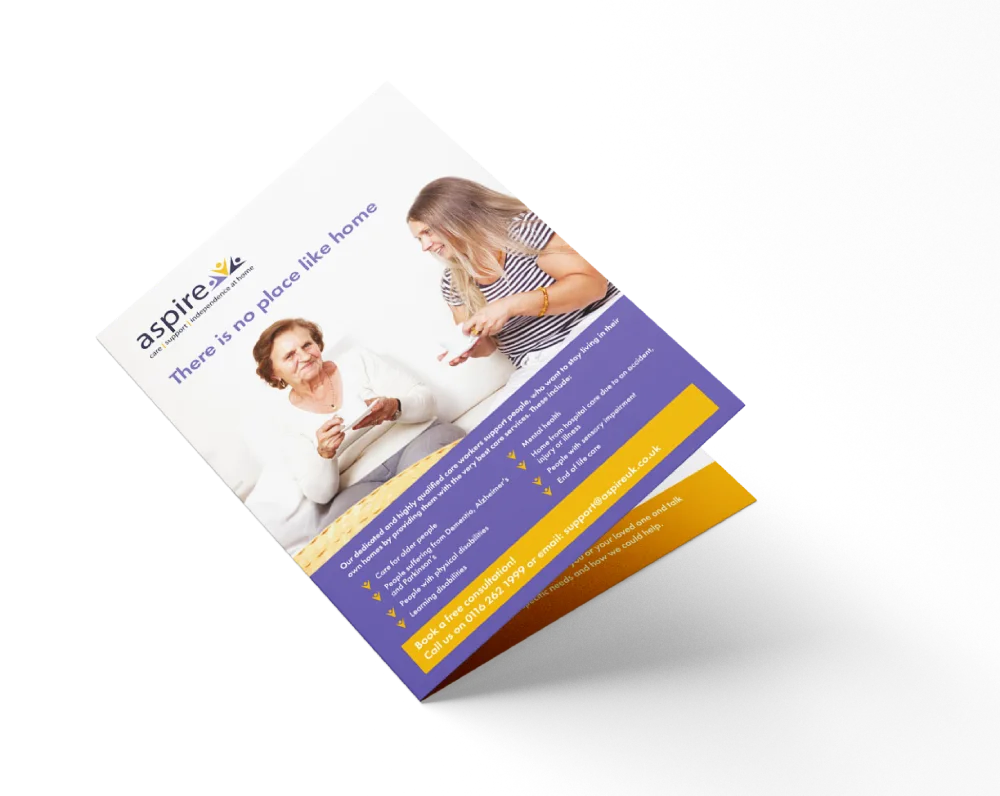Spinal cord injuries can have a devastating effect on your life, leaving you with physical and emotional challenges to overcome. Even if the injury is not permanent, it can take weeks or months of healing time. Receiving quality care throughout the recovery process is essential in order to maximise one’s chances at a successful rehabilitation.

To help you work towards that, we’ve provided an overview of spinal injury care so that anyone affected knows what to expect during their journey toward healing.
What are the treatment options for spinal injuries?
Treating a spinal injury can be a daunting prospect for patients and doctors alike, but there is hope to be found in the many options available. While traditionally surgery has been used to attempt to repair damage at the site of the injury, recent advancements in medical technology mean that rigorous physical therapy and rehabilitation may also be viable paths. This can depend on the specifics of the injury, but these approaches are often seen as more holistic solutions that encourage the patient’s body to re-adjust itself naturally with instruction from medical professionals.
Other treatments such as electrical stimulation or strategies such as deep breathing exercises may also be helpful depending on an individual’s particular circumstances, so consulting with a doctor is an important first step. Fortunately, great strides have been made in treating spinal injuries, so whatever your situation may be, never underestimate the wide range of possibilities available.
How do you care for a spinal injury at home?
To start off, basic first aid and medical advice should be adhered to in order to prevent further injury or damage. In the event of an emergency, do not risk movement of the person with the injury; instead, secure them in place before seeking professional assistance.
Once that is sorted out, pain management is key to maintaining comfort levels – this can involve non-steroidal anti-inflammatory drugs (NSAIDs), as prescribed by a doctor if required. Ensuring that your loved one stays relaxed and mobile (if allowed) will help ensure progress in recovery; physical therapy may be necessary to rebuild muscle strength once mobility has been restored. Though caring for a spinal injury at home can seem daunting, it can be done if you remain patient and apply the right methods.
Can you exercise with spinal injuries?
Exercising with a spinal injury can seem impossible, but there are actually plenty of options. With the help of a physical therapist or an experienced trainer, you can find ways to get fit that don’t put your spine at risk.
Some activities you may be able to do include walking (or if more difficult, swimming), stretching exercises, yoga, and even strength training with equipment designed specifically for those with back injuries. For instance, the back extension machine allows you to move in multiple directions while maintaining the lower back area’s stability. So the good news is that there is a way for those with spinal injuries to exercise and get fit safely, provided that is performed under the correct supervision.
Can you completely recover from a spinal injury?
While many people are left with long-term impairments, advances in medical technology and rehabilitation techniques have resulted in some incredible success stories of people recovering to the extent that they can lead full lives. Even those with serious spinal trauma now have a surprising chance of regaining movement, sensory ability, and perhaps most importantly, independence.
Physical therapy can help rebuild strength in affected areas, as well as teach techniques for everyday activities like transportation or cooking. With patience and/or assistive technology devices, it is possible to slowly improve physical function.
Spinal injury care doesn’t have to be challenging – you just need the right support
Nowadays, there are many different approaches to treating spinal injuries, ranging from surgery to physical therapy and rehabilitation. Whether you have suffered an injury recently or are simply interested in prevention strategies, it is important to consult with a doctor for personalised advice tailored to your situation.
With the right care and support, it is possible to fully recover from a spinal injury and regain your independence. So take heart, remain positive, and continue focusing on healing both physically and mentally. And if you need further support, explore the possibility of complex care at home or clinical care at home when you work with our team of experienced care staff at Aspire UK.

